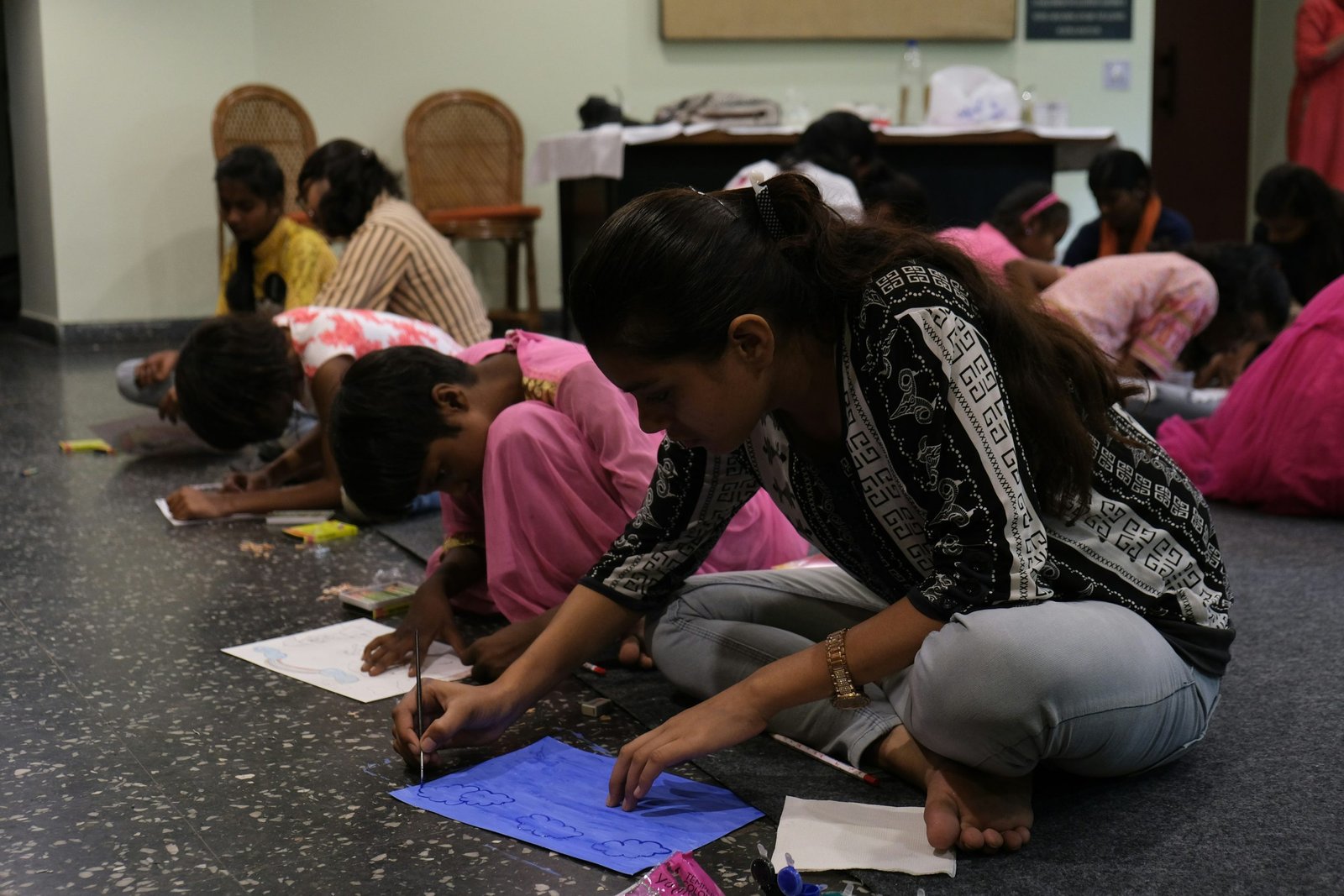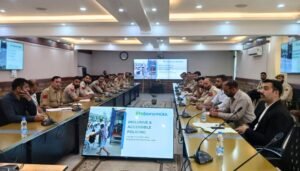
iProbono India’s commitment to providing legal and psychosocial support to child survivors of sexual abuse has provided us insight into the inefficiencies affecting the compensation system. Such delays impact the ability of child survivors to access healthcare, mental health support, cover relocation costs, and fund their education. But despite the efforts of special courts, the actual disbursement process by District Legal Services Authorities (DLSAs) has often been marred by delays and inconsistencies. Varying documentation requirements can create delays, resulting in severe hardship to children and their families.
To create a more efficient, survivor-centric system, we collaborated with our panel lawyer Mansi Sood to file a landmark Public Interest Litigation (PIL), Abhishek Yadav v. Delhi State Legal Services Authority & Ors.
iProbono India’s Role in Catalysing Change
The Delhi High Court’s ruling in this PIL marks a significant victory for child survivors and their families, reinforcing our belief in the power of strategic legal intervention. The court introduced a new section, Part F, to the existing Standard Operating Procedure (SOP) under the Delhi Victim Compensation Scheme, 2018, which specifically addresses compensation for POCSO cases. This new section simplifies the documentation required for disbursement.
Key Highlights of the Court’s Directions
Previously, the documents required by the DLSAs for child survivors varied and were inconsistent. However, the new guidelines have streamlined this process, specifying that only the following documents are now necessary to be submitted:
- Aadhar card and birth certificate (for proof of identity),
- A copy of the bank passbook (proof of a valid account in the child’s name),
- An undertaking or indemnity bond, as previously outlined in the SOP.
The process will now also be closely monitored to ensure timelines are met. The DLSA, working with the Investigating Officer (IO), is required to verify these documents within two weeks. The Delhi Police, particularly the Deputy Police Commissioner, is tasked with ensuring that there are no undue delays in the verification process. The disbursement of compensation must occur within 30 days of the issuance of directions.
Extended Protections for Outstation Survivors
A vital part of the court’s directives also addresses survivors who reside outside of Delhi but were subjected to abuse within the city. In such cases, local DLSAs are to assist in verification for survivors. The compensation is to be directly deposited into their bank accounts, without objections about jurisdiction—a longstanding issue that has prevented outstation survivors from receiving timely support.
New Protocols and Victim-Centric Safeguards
Apart from Part F, the court has directed DSLSA to create and disseminate a detailed protocol for biometric verification, further protecting the integrity of the compensation process. Additionally, special courts must now communicate compensation orders to the DLSA within three working days, while victim impact assessment reports are required to be filed by the Investigating Officer within two weeks.
The biometric verification process is an interim solution to address the practical issue of false claims. The court has suggested that the Delhi High Court Registrar look into a more sustainable solution for this problem.
By addressing the systemic gaps in the compensation process, this judgment will help secure critical financial support for survivors, ensuring they can access resources to rebuild their lives. This victory reflects iProbono India’s broader mission – to ensure every child survivor receives the justice and support they deserve, without delay or discrimination.












